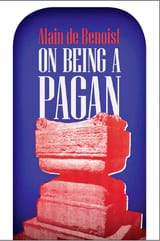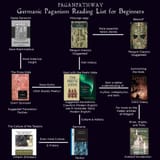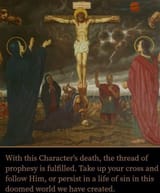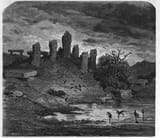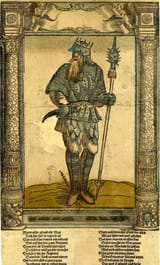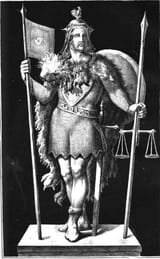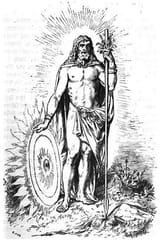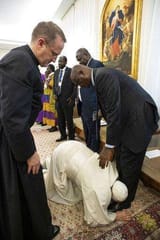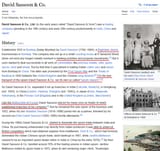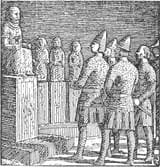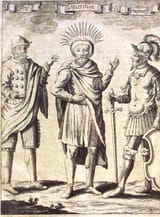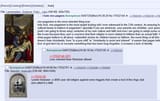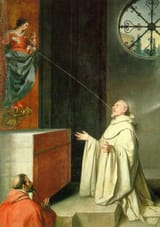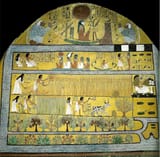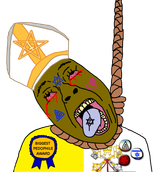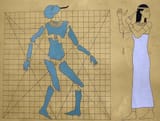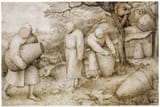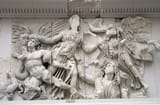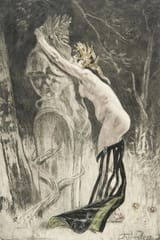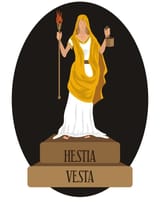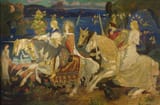>>24682957
Imagine the pagan world. It's not a world without gods; it's a world overflowing with them. A god in every river, a nymph in every grove, a spirit in your hearth. The divine is everywhere, but it is also indifferent.
The fundamental relationship with the divine was transactional. You give to get. You make a sacrifice at the temple of Neptune so that your trade ship doesn’t sink. You offer a lamb to Mars so that your son returns from war. There’s no guarantee. The gods are powerful, but they are also capricious, mirroring the chaos of nature itself. They get jealous, they have affairs, they play favorites. Your fate is a negotiation, and you have very little leverage.
Love is not a Transaction. This was the atomic bomb. Christianity didn't say, "Appease God or he might smite you." It said, "God loves you so much he chose to be smitten for you." Think about the emotional power of that. This wasn't a god demanding sacrifice from you; this was a god who sacrificed himself. For you. Personally. The divine was no longer a force to be negotiated with, but a person to have a relationship with. This offered a profound sense of personal worth that the pagan world simply couldn't match. Christ also offered victory over the ultimate enemy: Death. The ancient world was drenched in death. Infant mortality was staggering, plines could wipe out cities, and life was cheap. The best paganism offered was a shadowy, bleak afterlife in the Underworld—Hades, a place of whispers and regret. Christianity burst in with a shocking declaration: "Death is not the end. In fact, it has been defeated." The Resurrection was the ultimate hope. It promised that the pain, loss, and injustice of this world were not the final word. This wasn't just comfort; it was a revolution of hope against the deepest, darkest human fear. God redeemed the cross, a image of brutality to save humanity from itself. The cross is not a monument of love, and shows God can redeem any bad thing.
Paganism was deeply tied to place, family, and ethnicity. Your gods were the gods of your city, your tribe, your household. A stranger had different gods. But Christianity proclaimed one God for all humanity. In a brutally hierarchical empire divided by class, slave, and citizen, the Christian church said: "In here, it doesn't matter. The wealthy Roman patrician and the Greek slave break the same bread and are equals in the eyes of God." This created a powerful, instant community—a true family—for the orphaned, the outcast, the poor, and the dispossessed. It offered belonging in a world where most people had none.

